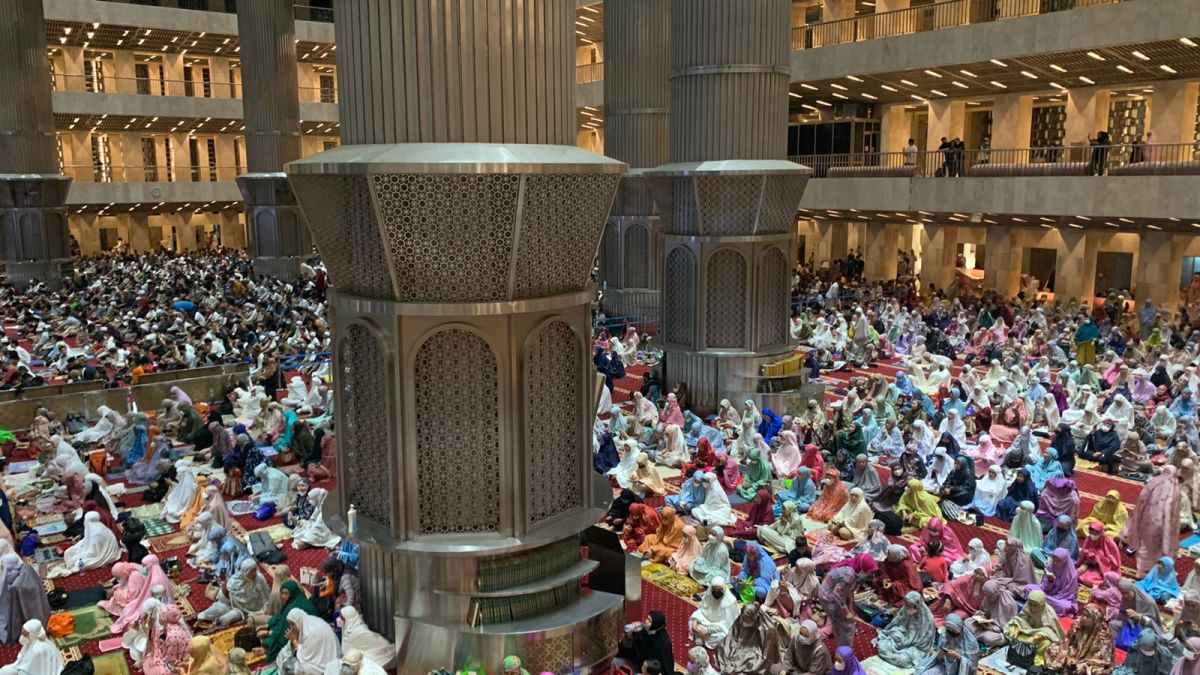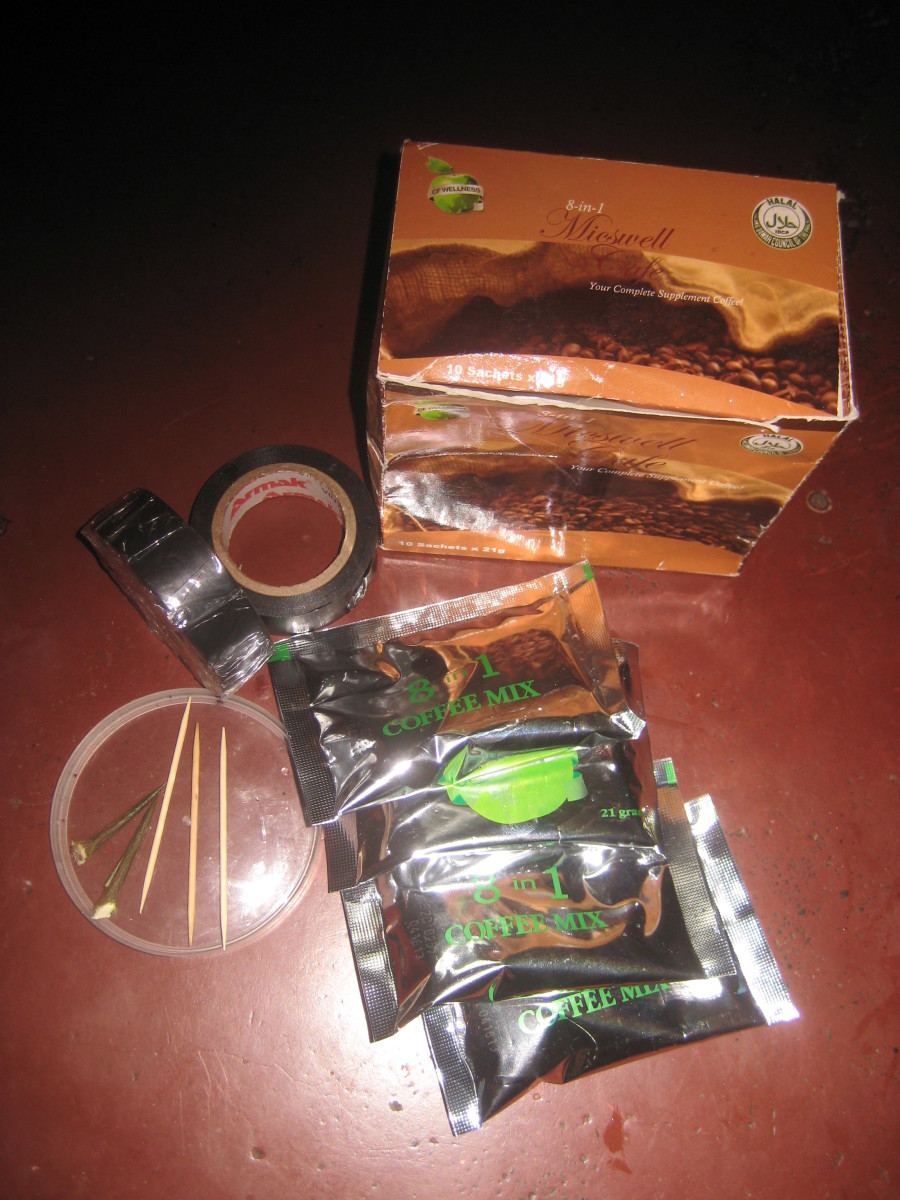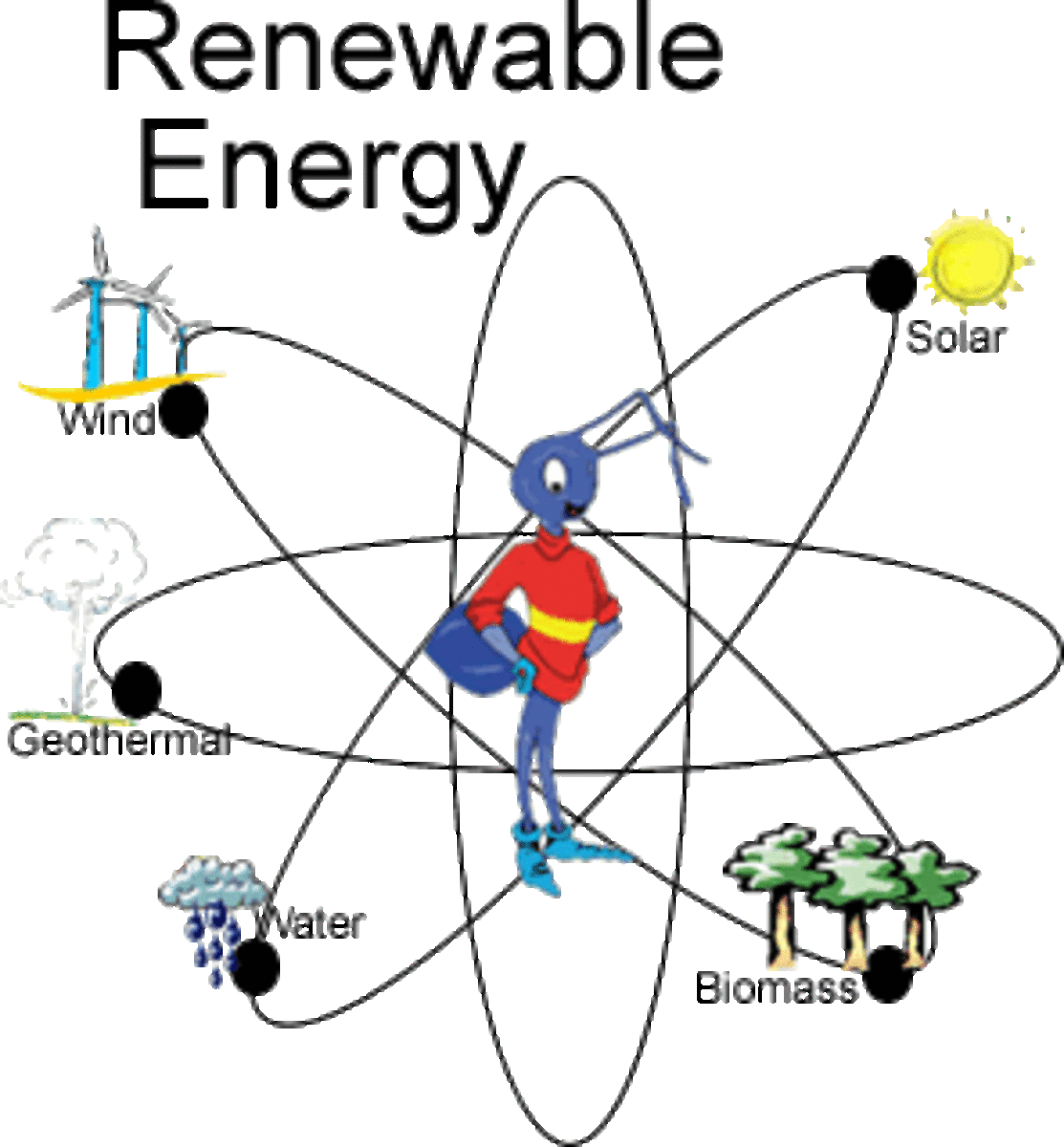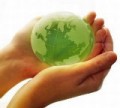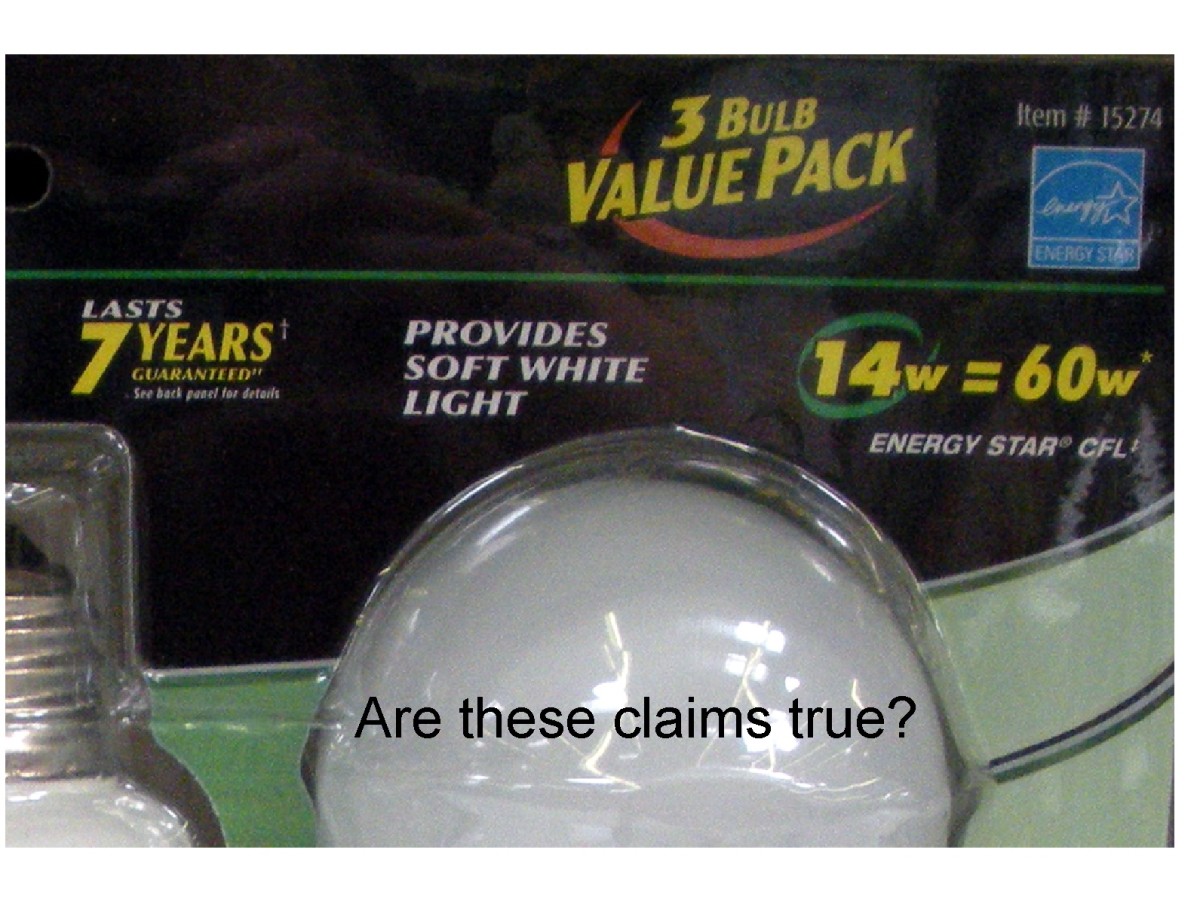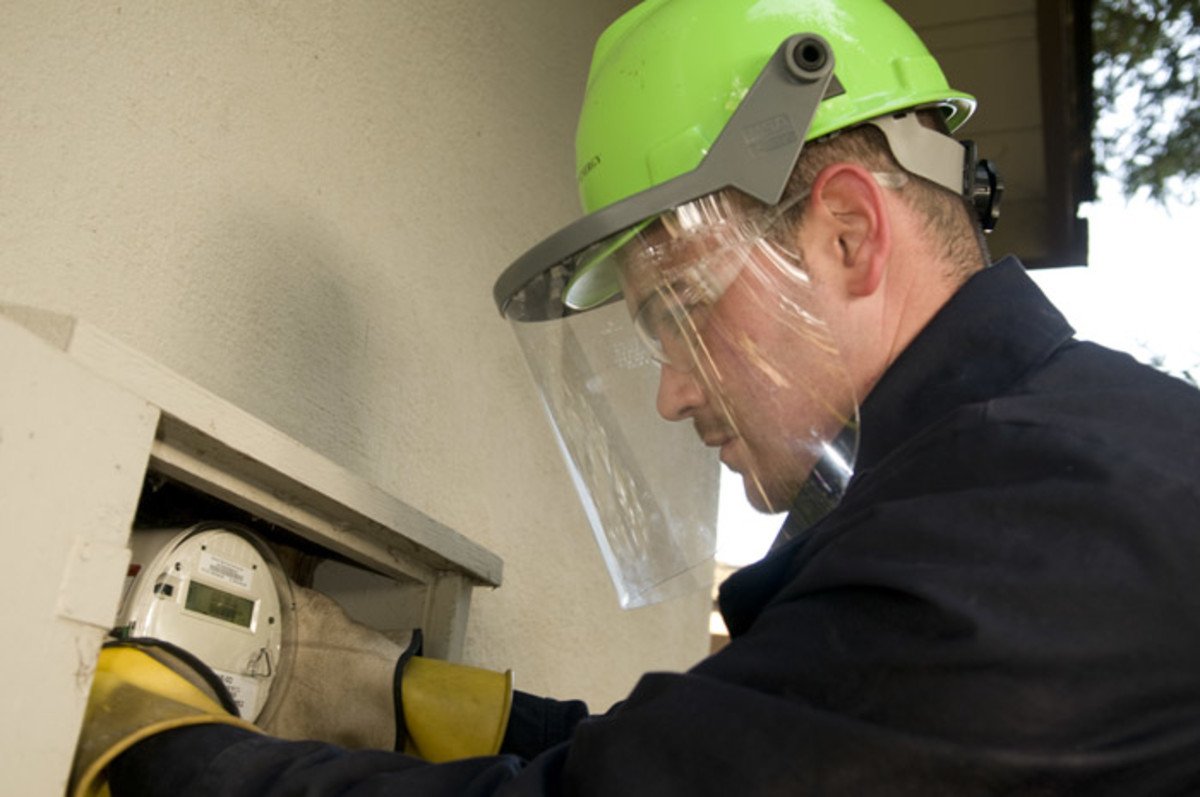Energy Efficiency Might Actually Increase Energy Usage
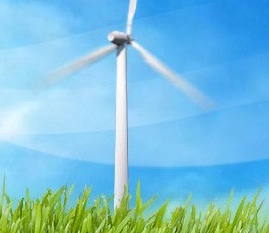
How could energy efficiency increase energy usage? Keep reading!
Energy efficiency has recently been receiving more and more attention. From light bulbs to air conditioners and all manner of energy-using devices, energy efficiency has been on the forefront of many minds for some time now. Energy efficient light bulbs have gotten the most attention, probably because they're the simplest to change.
A curious phenomenon when dealing with efficiency is that actual usage almost never goes down. On the contrary, usage usually goes up! I believe this is because people get used to what they're paying. In other words, if you pay x dollars for y amount of activity and then x dollars is cut in half, it's more likely that you will ramp up the y amount of activity until x dollars is at its previous level because you're simply accustomed to paying that amount.
Different Resources are Consumed at Different Rates
It does depend on the resource. In general, I don't think people will use more lighting as efficiency increases. We've grown accustomed to light and lighting as a necessity, and necessities usually have far less of an excess component than recreational activities. By "excess component" I mean that we're apt to try to get as much recreation in as possible regardless of excess. With necessities we're more likely to use the minimum required. There's no need for extra lighting just because it uses less energy!
Fuel and Energy Efficiency
One area of energy usage that is arguably both necessity and recreation would be vehicles. I can see here how one might actually drive more with a fuel efficient vehicle. Higher fuel efficiency doesn't necessarily mean less gas usage but instead means potentially more driving around, because all that extra driving will not cost you more than you were already paying for gas.
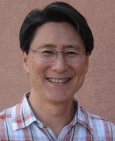
Jeff Tsao's study on resource consumption
Jeff Tsao of the Sandia National Laboratories led a study recently that explored these concepts. The study found that as far back as A.D. 1700 and candle/oil/gas fueled lighting, energy and fuel consumption remains relatively constant. When efficiency increases, demand increases with it and the overall rate of resource consumption remains about the same.
The study indicated that most people would probably simply drive more with a more fuel efficient vehicle. Efficiency becomes a license to waste, in essence. It's clear we must change our thinking if we want gains in efficiency to actually decrease consumption.
Energy Efficient Light Bulbs and Tsao's Study
We can apply the ideas from Mr. Tsao's study to the area of energy efficient light bulbs. People might be apt to leave lights on more often or use more lights if they know they're either using the same amount of energy as before for more lighting. All the hubbub about saving the environment and using less energy only works if we change our behavior to match the change in light bulbs.
An increase in efficiency should mean we use less energy. Over the course of history, this has not been the case, as Jeff Tsao's study shows.
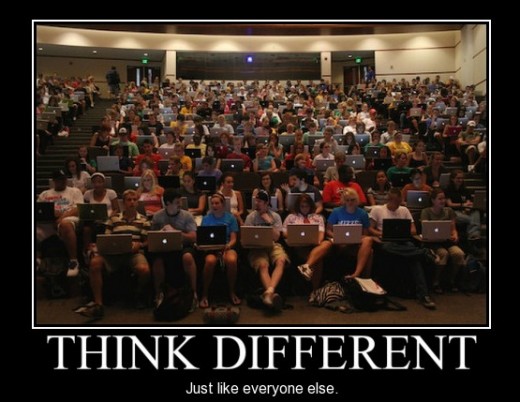
Think differently
If we want energy efficiency to provide the benefits it should provide, we have to change our thinking. I know my personal thought process needs to change. I confess I fall victim to the idea that I can use twice as much energy because of doubled efficiency. Instead of ramping up energy usage (whether it's gasoline or electricity) to pre-efficient levels, I should keep my usage at a static level.
By keeping our energy usage static, we really do benefit a lot from gains in energy efficiency. All the energy we use each day is not infinite; it's going to run out at some point. Energy efficiency can't fix the problem alone. Smart energy usage is what is required if we want to reap the full benefits of energy efficiency.

